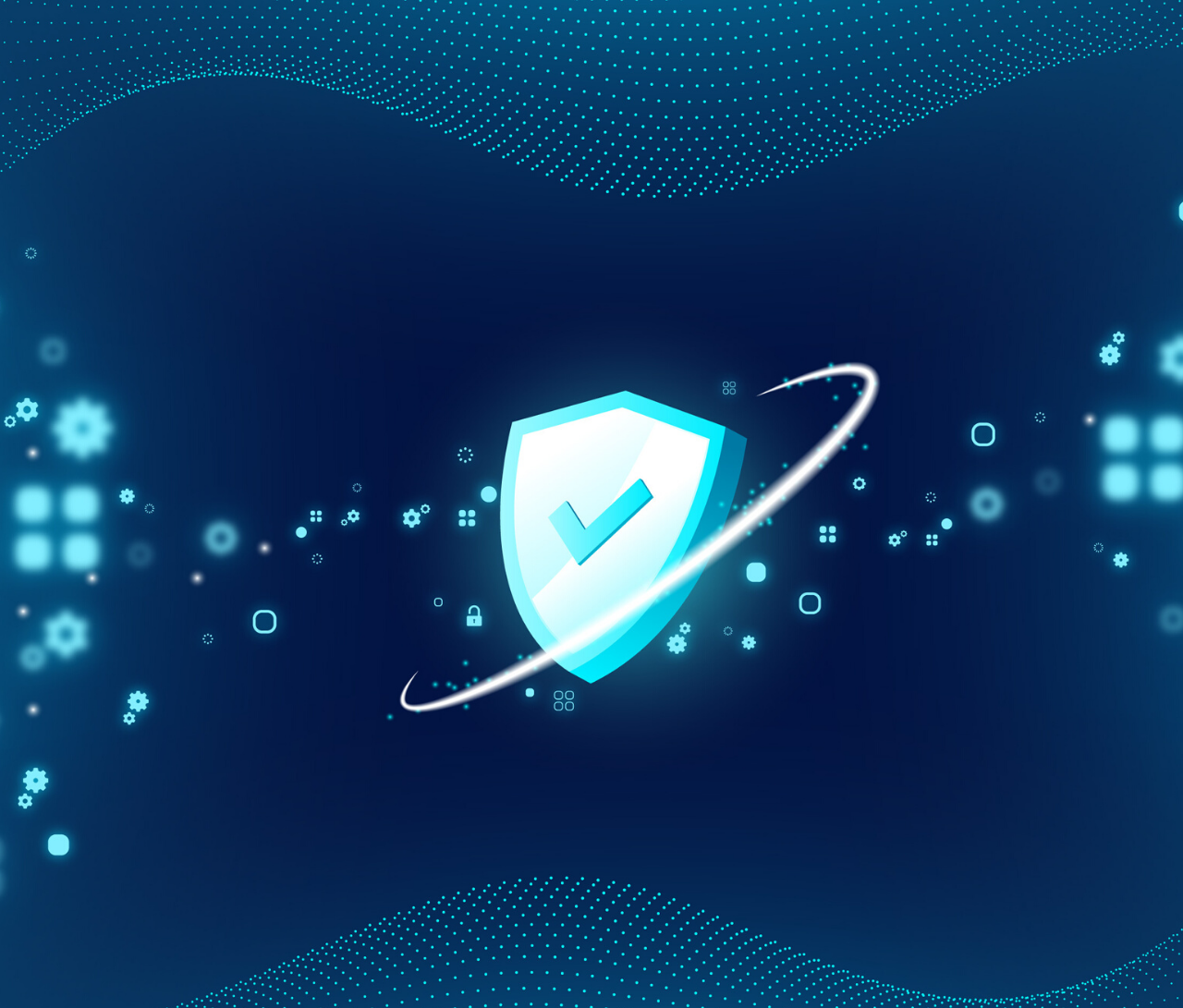
10 Feb The Best Cybersecurity Certifications in Singapore This 2020

Let’s get real. As hiring managers and human resource executives, outside the field of cybersecurity. It can be tough to find the best talents armed with the best or at least, the most updated cybersecurity certifications.
Thankfully (for you), there’s A Very Normal Company. As experts in identifying top cybersecurity talents in Singapore, we’ve decided to share some of our trade secrets with you! In this article, we compile some of the most impressive cybersecurity certifications and what it means for a talent to have them.
Which Cybersecurity Roles are in Demand This 2020?
Before we discuss the certifications in demand among cybersecurity professionals. Let’s first talk about the top positions within the cybersecurity industry. According to CyberSeek, a research firm, the top cybersecurity titles include:
- Cybersecurity Engineer
- Cybersecurity Analyst
- Cybersecurity Manager/Administrator
- Cybersecurity Consultant
- Network Engineer and Architect
- Systems Engineer
- Software Developer and Engineer
- Systems Administrator
- Vulnerability Analyst (a.k.a. Penetration Tester)
Additionally, according to Linkedin’s report, tech positions such as data scientists, cybersecurity specialists and full stack developers are in high demand. This begs the question: what are some of the best cybersecurity certifications to lookout for this 2020?
Certified Ethical Hacker – CEH
Professionals with this certification are often responsible for mitigating attacks and threats by protecting the information systems against the hackers. Cybersecurity professionals with this credential are often referred to as ‘White Hat Hackers’.
Skills
Individuals with this certification often have the knowledge and skills on hacking practices needed in areas such as:
- System Hacking: The method of obtaining unauthorized access to a system and its resources. Often times, breaches related to system hacking occurs when a password is cracked.
- Social Engineering: In cybersecurity, this term relates to the psychological manipulation of people in order for them to expose confidential information. This confidential information may include passwords, bank information, access to a computer to secretly install malicious software.
- Denial of Service Attacks (DoS): In computing, a DoS attack is a cyber attack where perpetrators aim to make a machine or network resource unavailable. This is often done by temporarily disrupting the services of a host connected to the internet.
Certified Information Security Manager – CISM
CISM credentialed professionals are responsible for developing, overseeing, and managing information security systems in different enterprise level applications. They are also responsible for developing the best security practices for the organizations. Additionally, CISM is the most widely accepted cetification for an Information Security Manager.
CompTIA Security+
CompTIA Security+ is the first certification that cybersecurity specialists should earn. This is the course that will establish and educate cybersecurity specialists with the core knowledge required for any cybersecurity role.
Certified Information Systems Security Professional – CISSP
The first thing you need to know about this certification is that the exam has an 80% failure rate. Now that you’re aware of how impressive it is to hold this certification, let us explain what holding the CISSP really means. Cybersecurity professionals holding this certification are part of an exclusive club. Less than 100,000 cybersecurity professionals worldwide hold this certification. Additionally, CISSP professionals are usually in decision making positions.
Certified Information Systems Auditor – CISA
This is one of the most recognized certificates for audit control, assurance, and security professionals. Much like the Certified Information Systems Security Professional (CISSP), this is an exclusive certification available only to professionals with more than 5 years worth of experience.
CREST Registered Penetration Tester – CRT Pen
The role of a Penetration Tester (a.k.a. Pen Tester) is to demonstrate and document flaws in security. Their daily role would be to exploit vulnerabilities to gain access to the organization, in order to fix any potential security flaws.
One of the many certifications required of a Registered Penetration Tester is from CREST (Council of Registered Security Testers). This certification is given to professionals after passing a demanding assessment.
Certified in Risk and Information System Control – CIRSC
This is a certification given to individuals with at least three years of relevant work experience. According to Techopedia, the CRISC certification is one that validates a professional’s skill in the field of information system control and risk management.
An individual with the CIRSC certification has knowledge in:
- Risk assessment, identification, and monitoring
- Risk response
- Information systems control design and implementation
- Information systems control monitoring and maintenance
There you have it! 7 of the best certifications that cybersecurity specialists in Singapore should have this 2020.
References
- 10 Ways To Switch Over To Cybersecurity Career in Singapore
- Certified in Risk and Information Systems Control (CRISC)
- 7 Cybersecurity Certifications That Matter in a Growing Market
- Cyber Security Courses to Boost Your Career
What do you think? Let us know in the comments section below!

